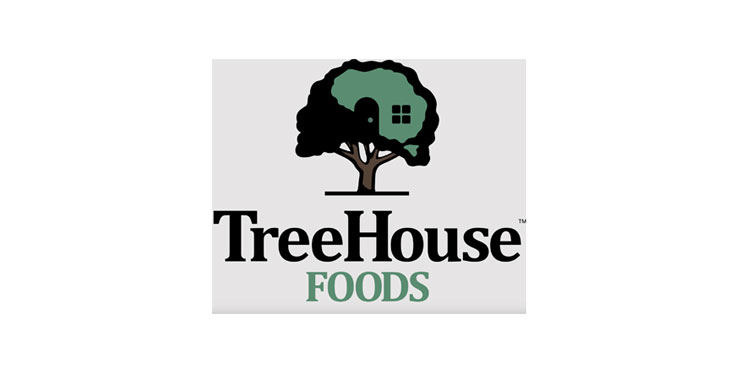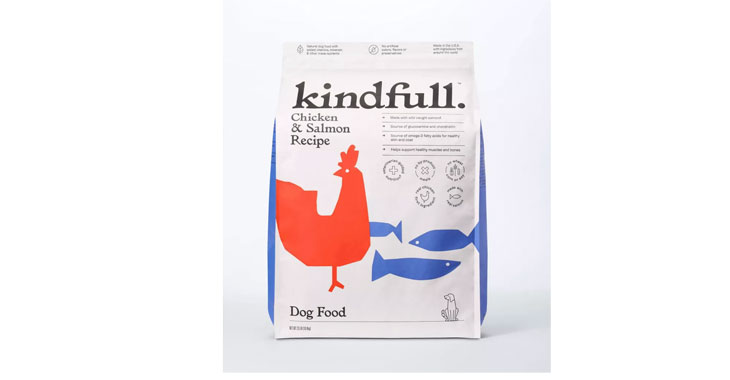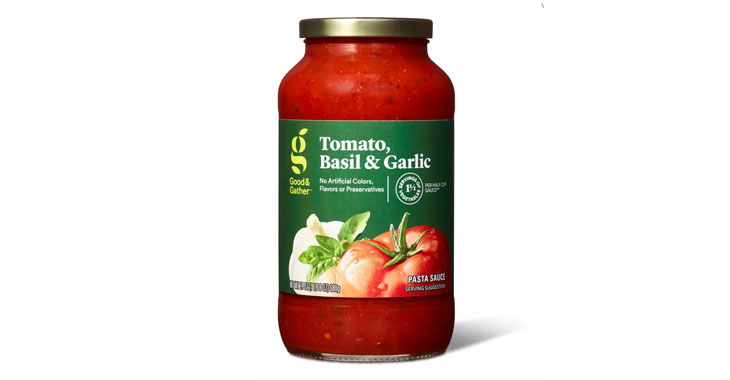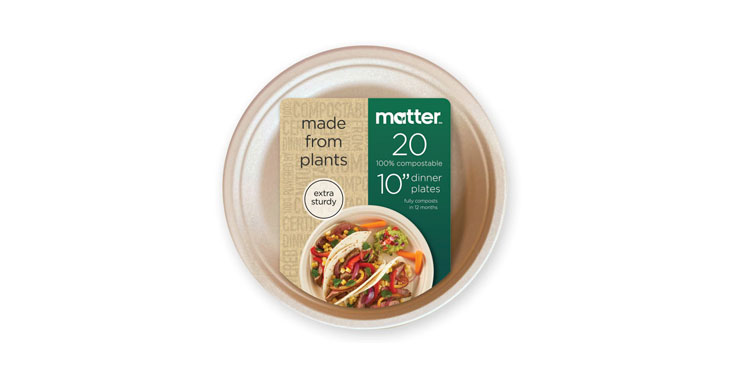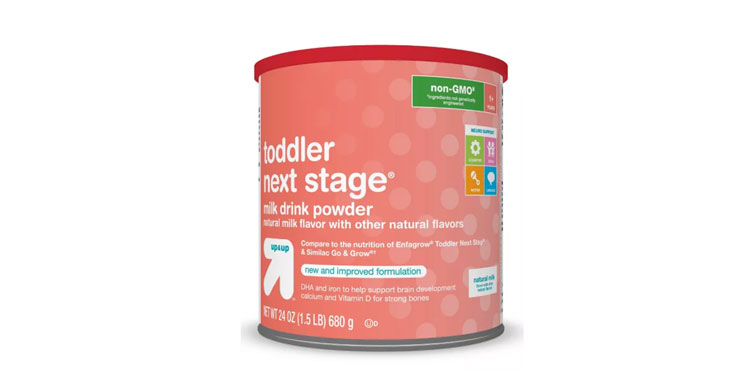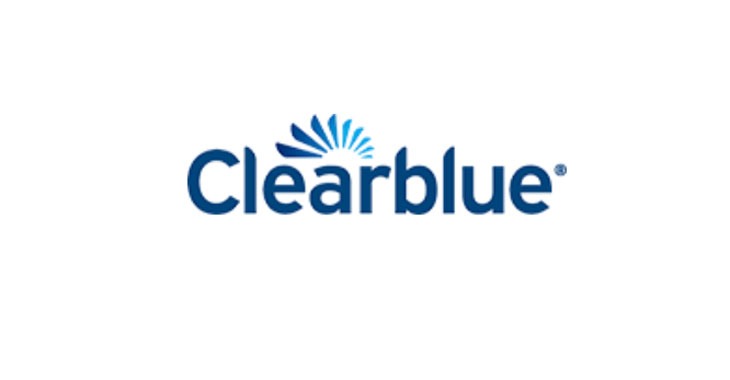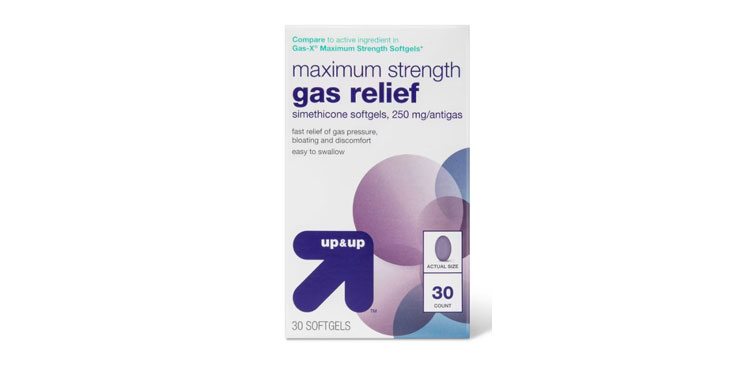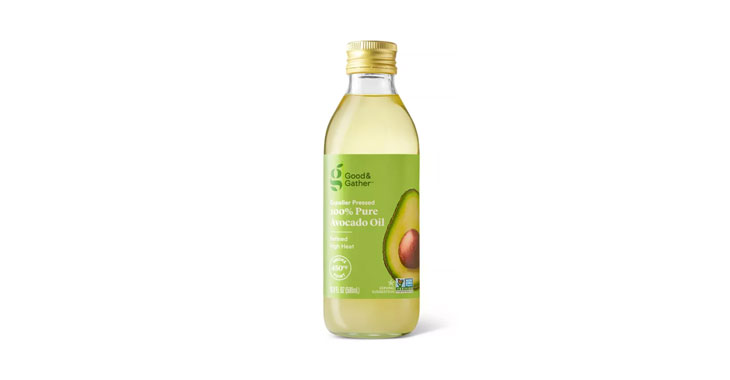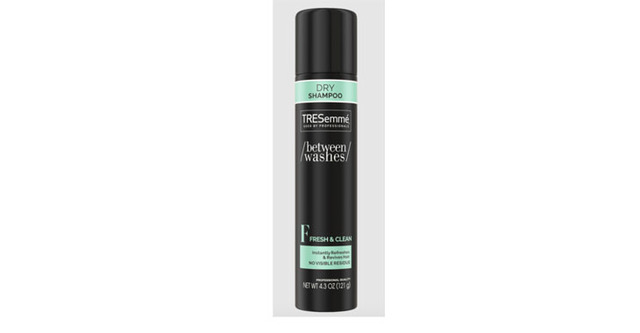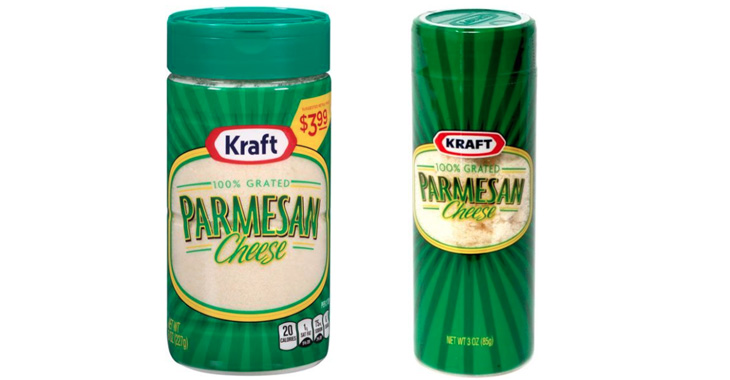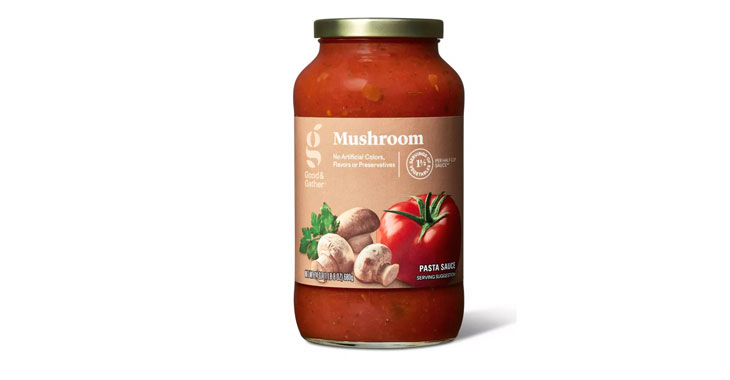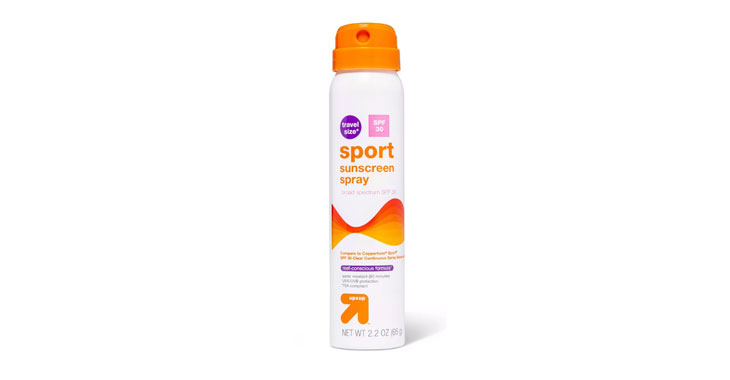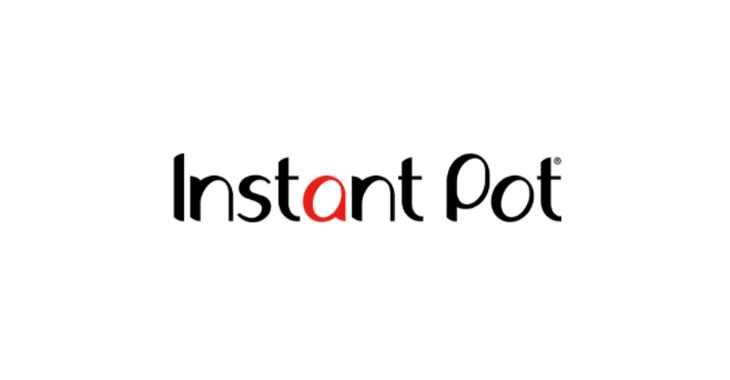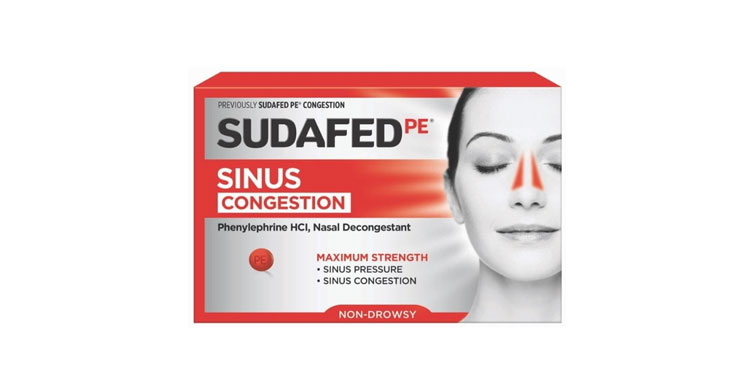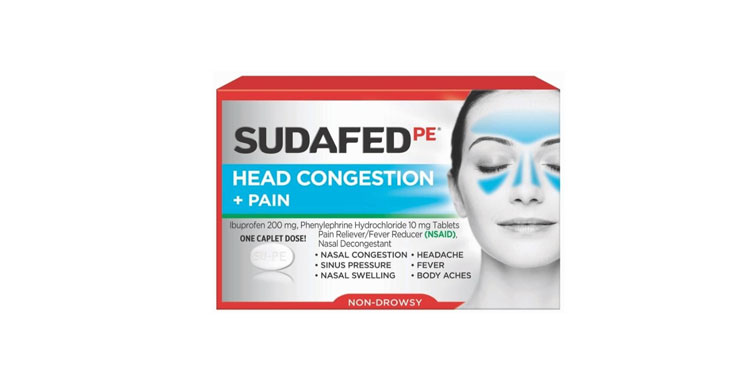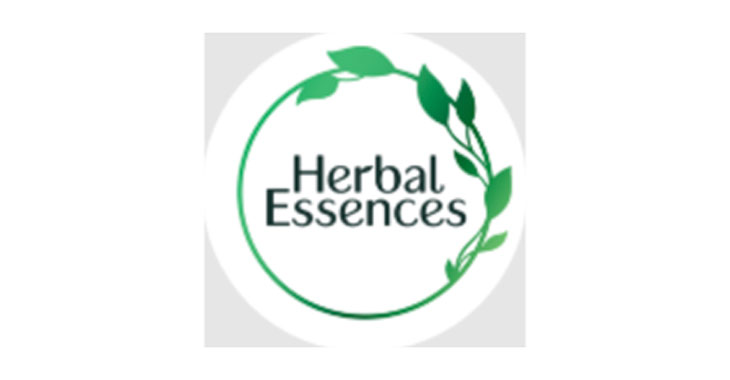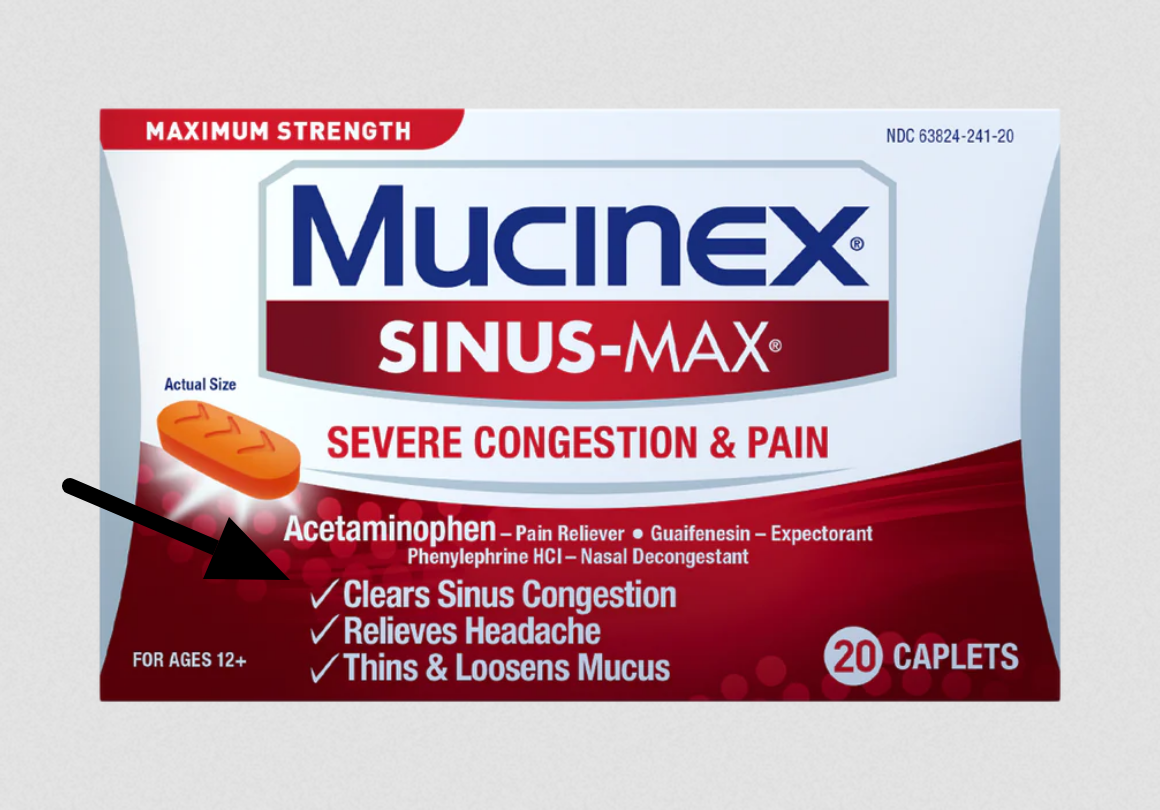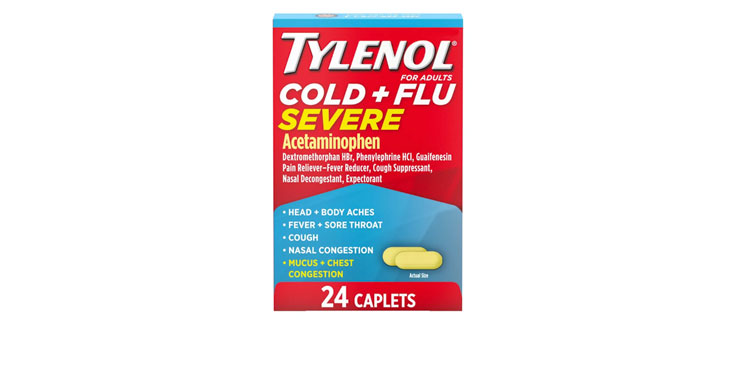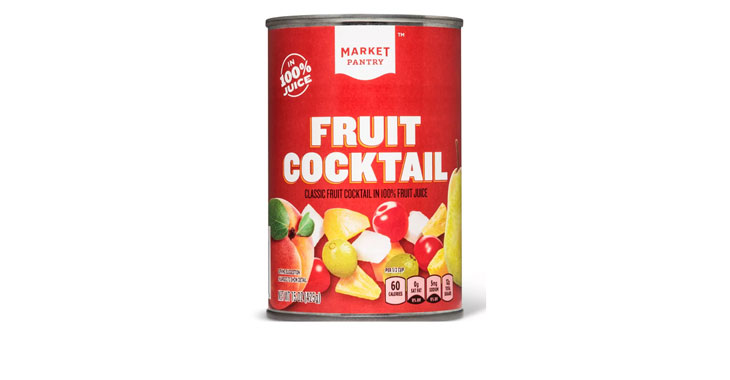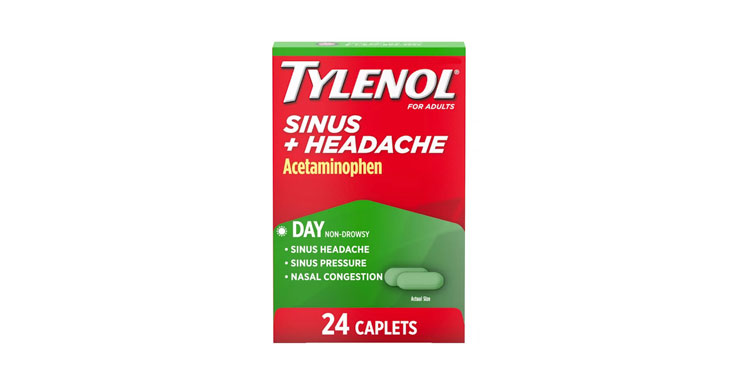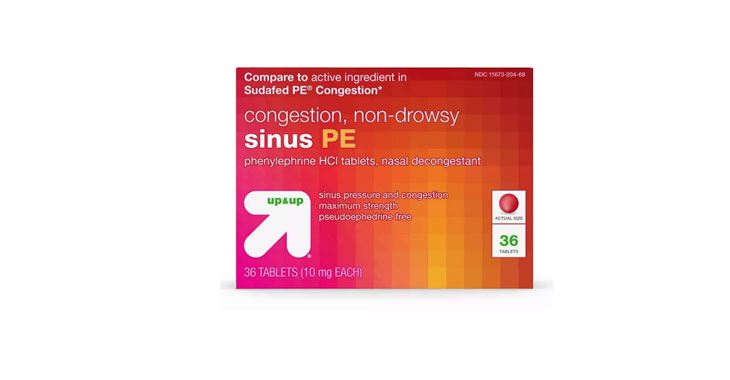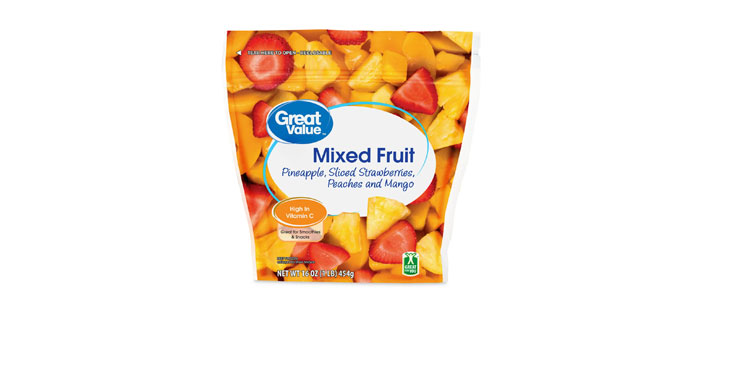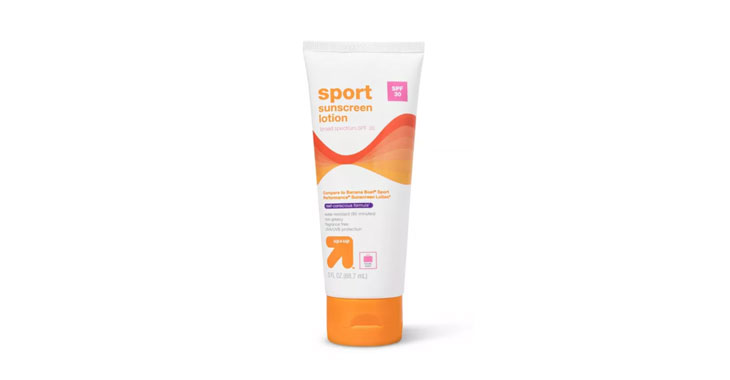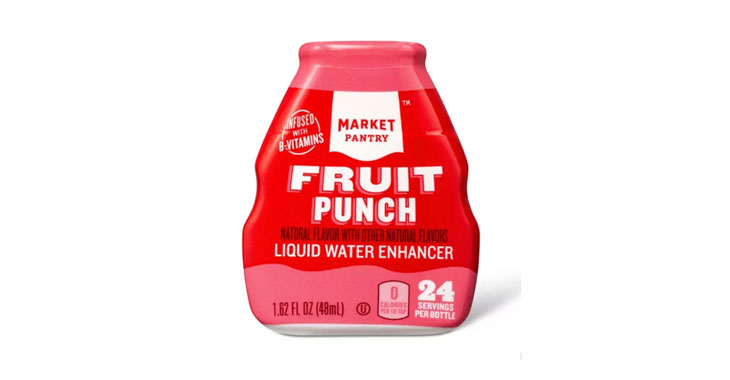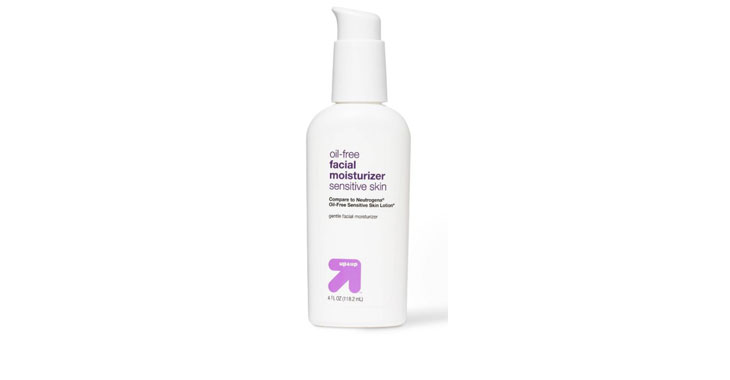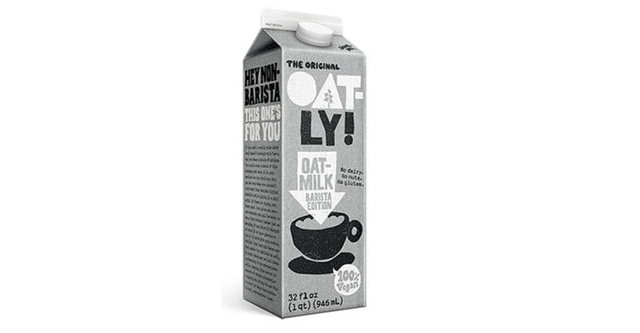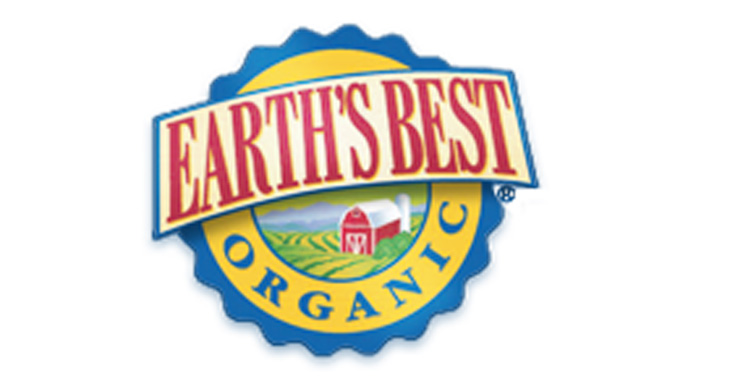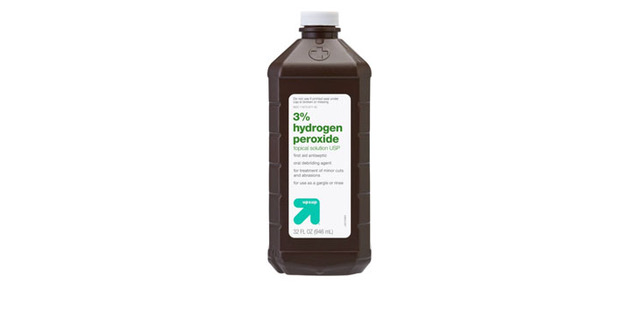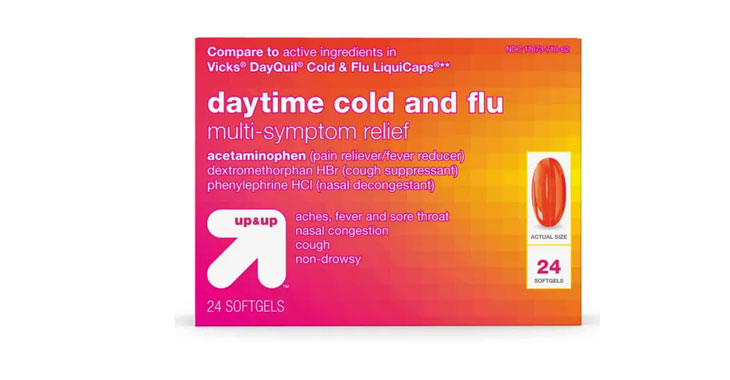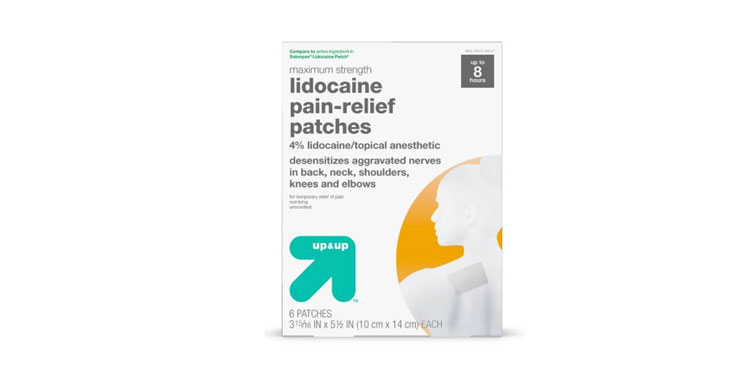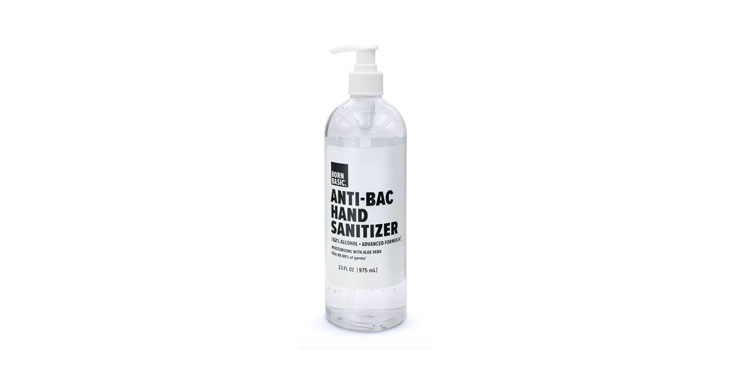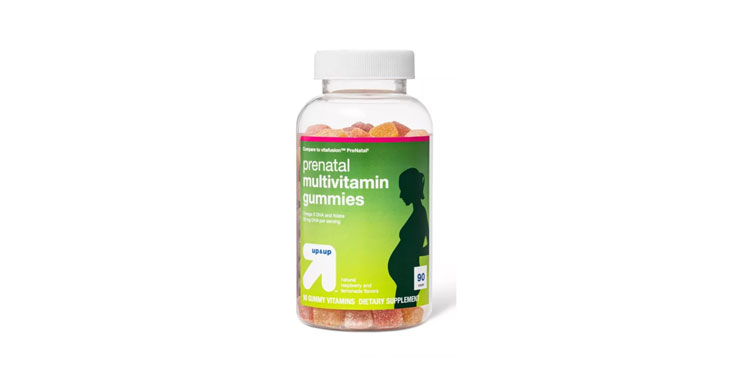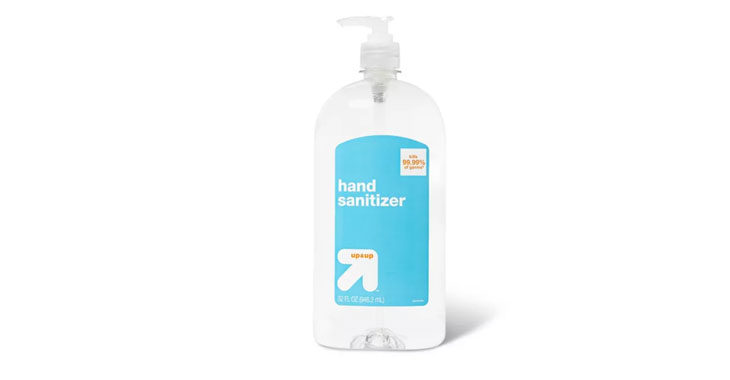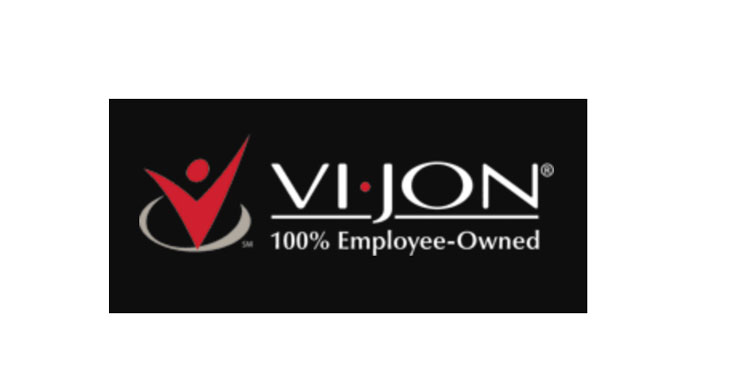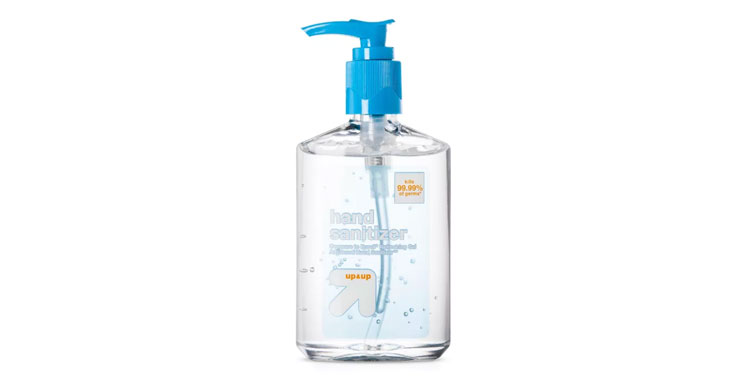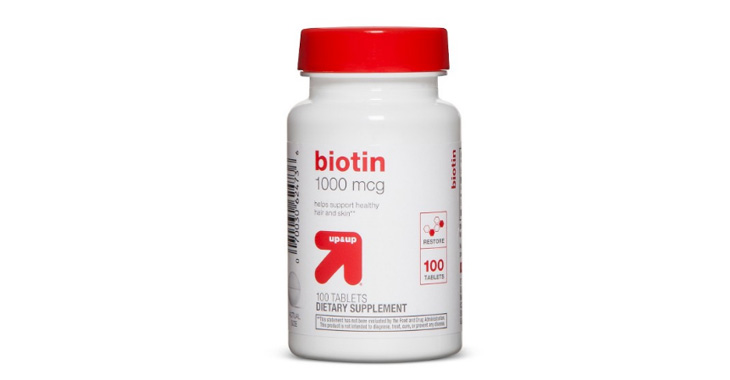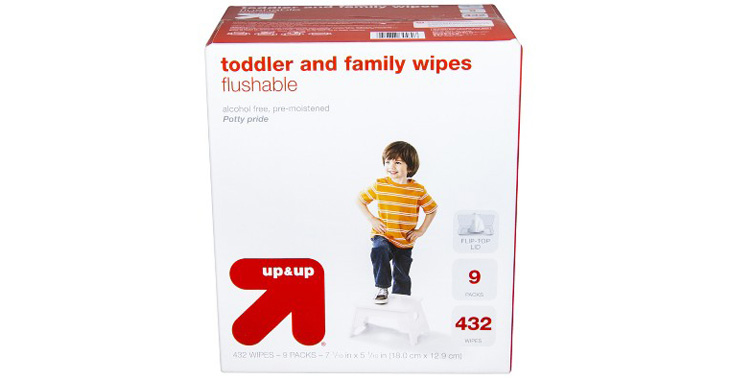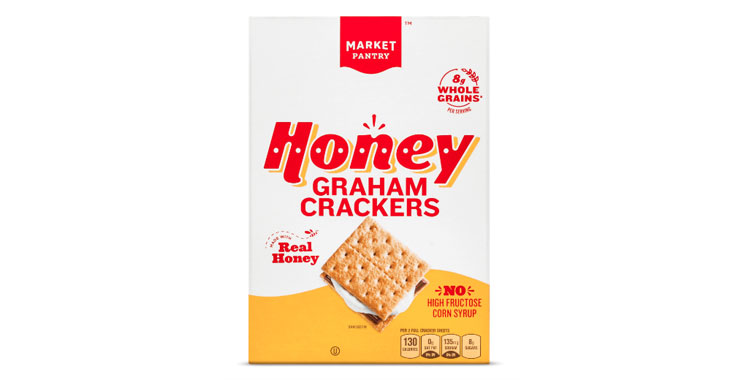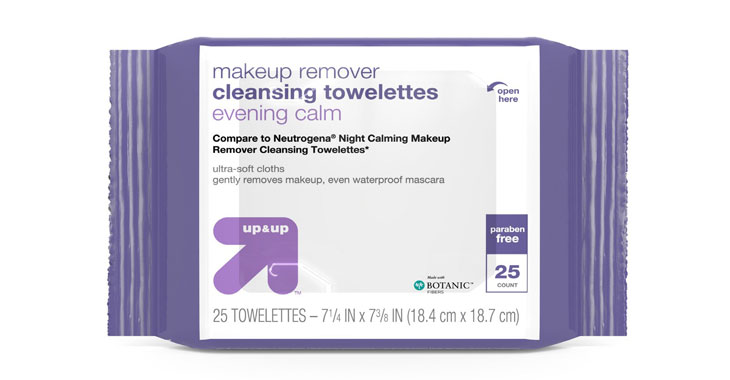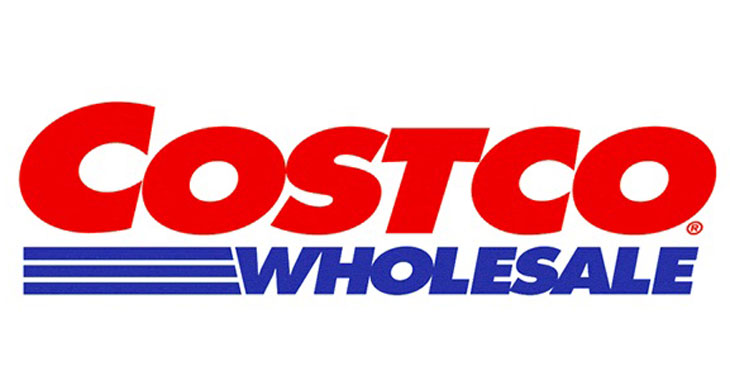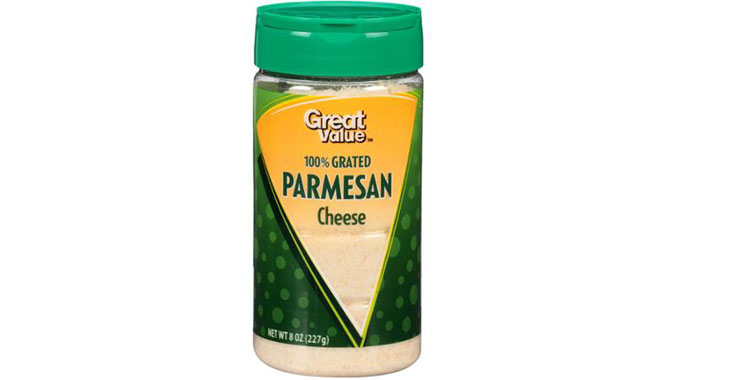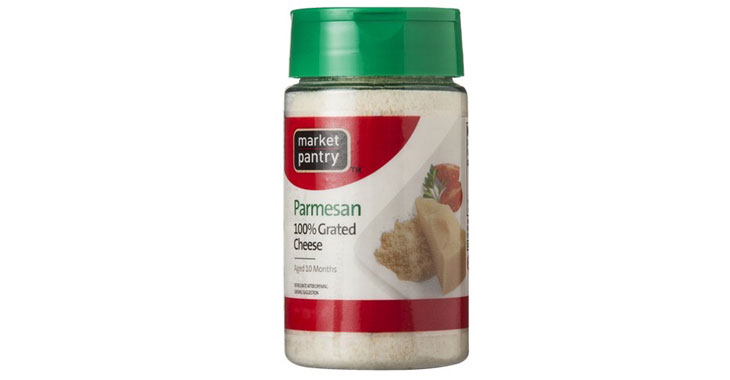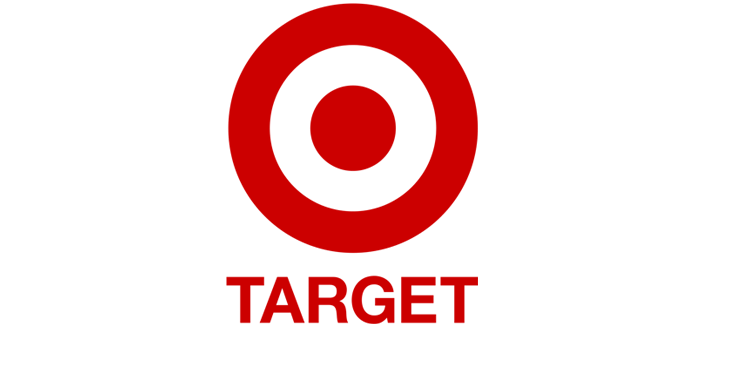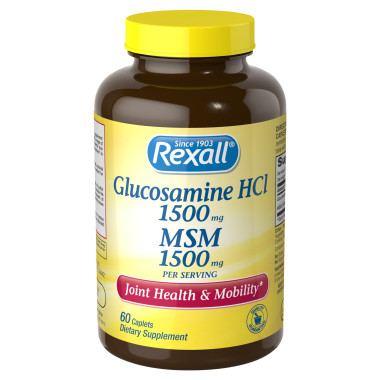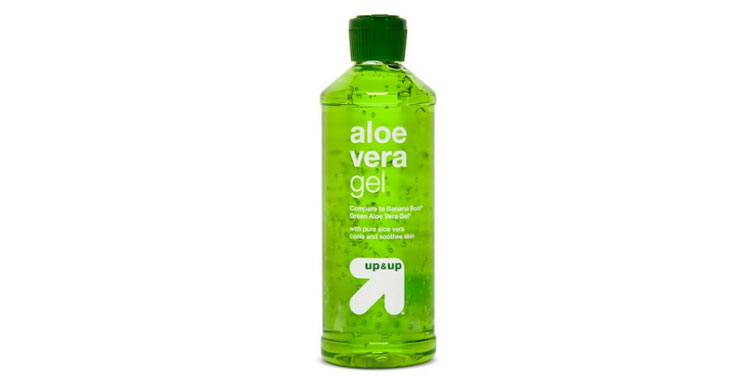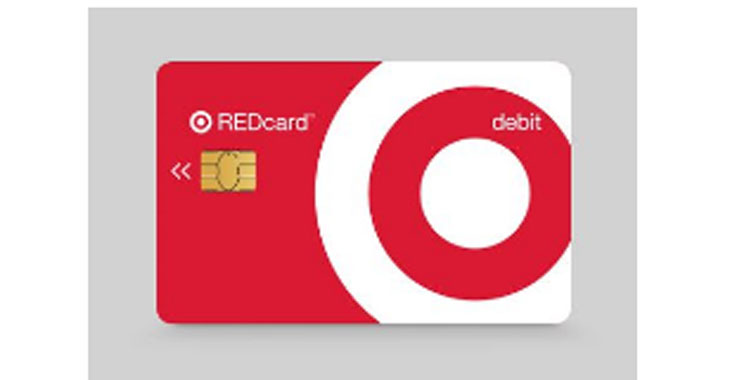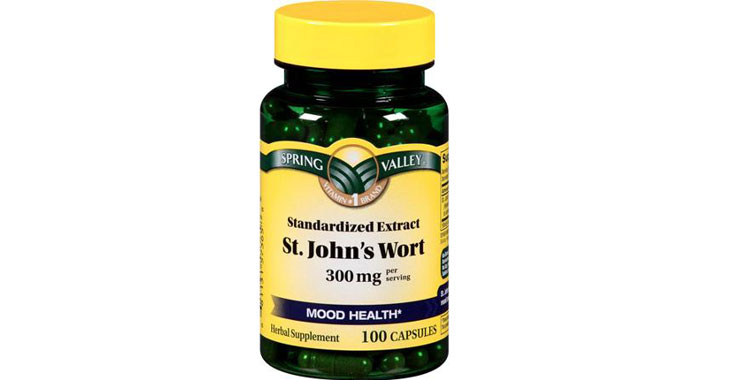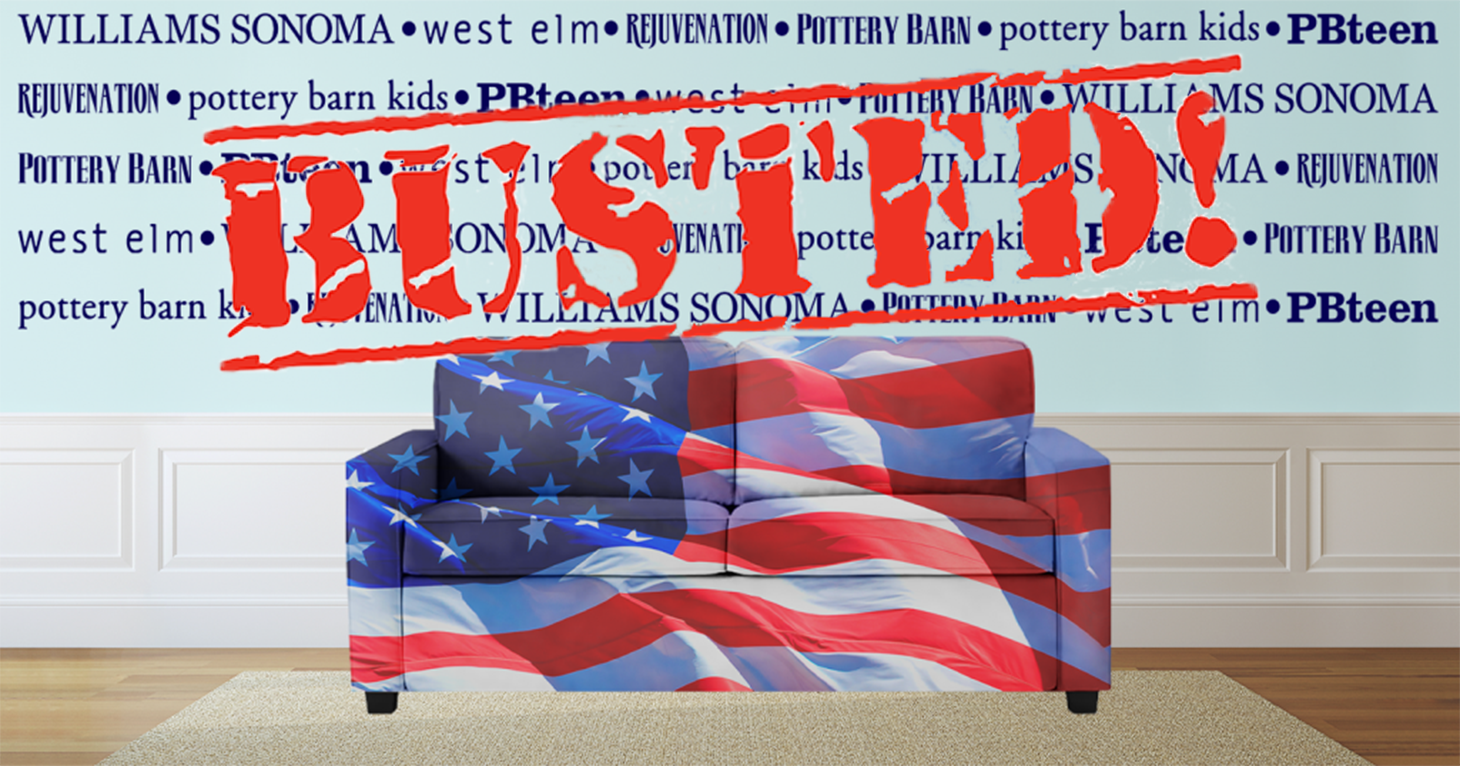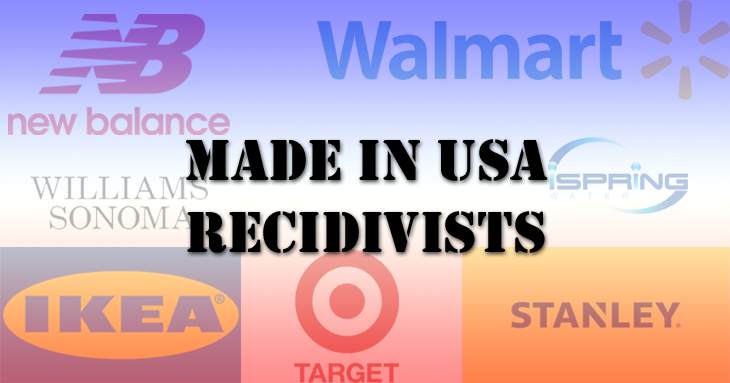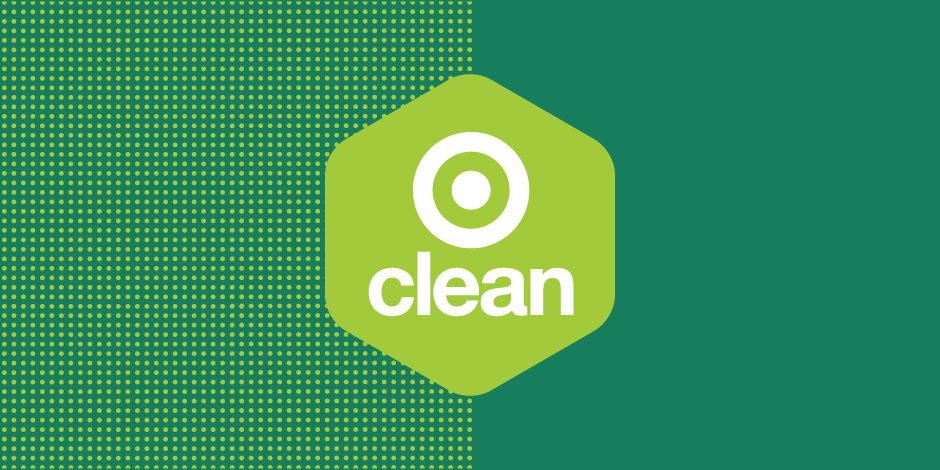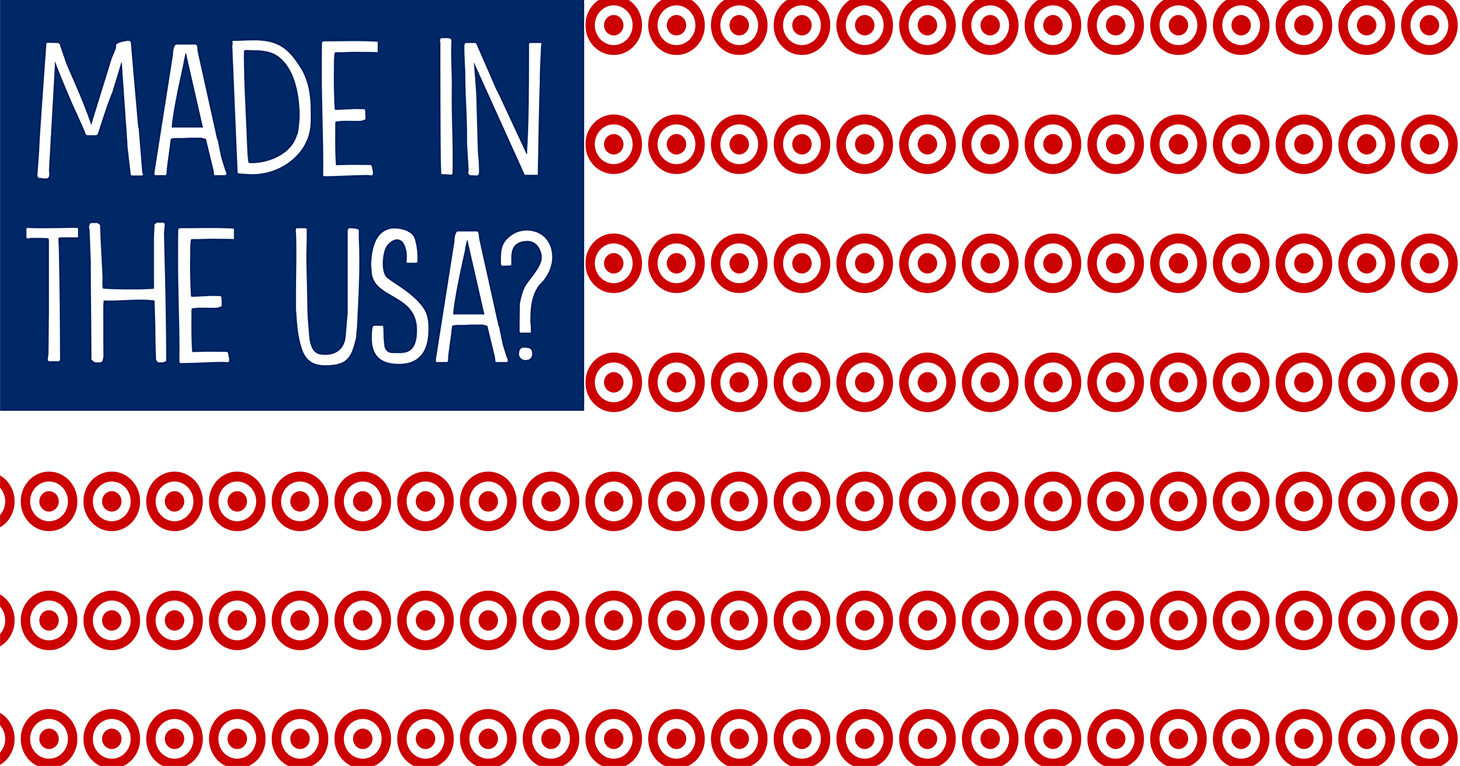
Target
TINA.org investigated Target’s website – www.target.com – and found that false and deceptive Made in the USA labeling issues were widespread on its site, including product specifications that falsely stated…
In September 2020, a class-action lawsuit was filed against Target for allegedly misleadingly marketing Up & Up™ Infants’ Acetaminophen Fever Reducer/Pain Reliever and Children’s Acetaminophen Fever Reducer/Pain Reliever as different products and charging more for the infants’ product when, according to the complaint, the products contain the same amount of the active ingredient acetaminophen. (Seiller et al v. Targt Corp., Case No. 20-cv-7818, S.D.N.Y.)
For more of TINA.org’s coverage of acetaminophen products, click here.
TINA.org investigated Target’s website – www.target.com – and found that false and deceptive Made in the USA labeling issues were widespread on its site, including product specifications that falsely stated…
Allegations: Failing to disclose that products are contaminated with the bacterium listeria monocytogenes
Allegations: Falsely marketing products as containing “no artificial preservatives”
Allegations: Falsely marketing that products contain no artificial preservatives
Allegations: Deceptively using slack-filled packages
Allegations: Falsely marketing that products contain no artificial preservatives
Allegations: Falsely marketing products as compostable when they’re not
Allegations: Falsely marketing that products contain a “reef-conscious formula”
Allegations: Falsely marketing products as “nutritionally appropriate” for children older than 12 months
Allegations: Falsely advertising the accuracy of ovulation test kits
Allegations: Falsely advertising free or flat, low-rate delivery without adequately disclosing a $3.99 “CA Shoppers Benefits Fee” is added to all orders delivered in California
Allegations: Falsely advertising that phones are unlocked
Allegations: Falsely marketing products as “maximum strength” when other similar products contain more simethicone
Allegations: Charging consumers more than the price advertised on store shelves
Allegations: Falsely advertising products as “100% pure avocado oil”
Allegations: Failing to disclose products contain the carcinogen benzene
Allegations: Misleadingly marketing parmesan cheese products as “100%” grated parmesan cheese
Allegations: Misleadingly representing that products were safe when they contained, or were at risk of containing, the carcinogen benzene
Allegations: Falsely marketing that products provide a one-year supply of diaper bags and holds up to 2,176 diapers
Allegations: Failing to disclose that products contain harmful synthetic chemicals known as PFAS
Allegations: Falsely marketing products as containing no preservatives
Allegations: Falsely marketing that sunscreens have a “reef-conscious formula”
Allegations: Falsely marketing medicines as “Non-Drowsy” when they contain an ingredient that causes drowsiness
Allegations: Failing to disclose that products were contaminated with a dangerous bacterium
Allegations: Advertising that pressure cookers have safety features that prevent them from being opened while in use when the lids can actually be removed from units with heat, steam, and…
Allegations: Misleadingly marketing products as “Naturally Flavored” and “Made With Real Fruit Filling”
Allegations: Falsely marketing that phenylephrine products treat congestion and other cold and flu symptoms
Allegations: Falsely marketing that medicines treat nasal congestion
Allegations: Falsely marketing the products treat nasal congestion
Allegations: Failing to disclose that products contain the carcinogen benzene
Allegations: Falsely marketing that medicines treat nasal congestion
Allegations: Falsely marketing medicines as nasal decongestants
Allegations: Falsely marketing that phenylephrine products treat congestion and other cold and flu symptoms
Allegations: Falsely marketing products as containing “100% Fruit Juice”
Allegations: Falsely marketing that medicines treat nasal congestion
Allegations: Falsely marketing that medicines treat congestion
Allegations: Falsely marketing that medicines treat nasal decongestant
Allegations: Deceptively placing the “Target Clean” label on products that contain ingredients that are harmful to people and the environment
Allegations: Failing to disclose that products contain a bacterium that could lead to serious adverse health consequences
Allegations: Falsely advertising products as natural
Allegations: Falsely marketing sunscreens as having a “reef-conscious formula” when they contain ingredients that are harmful to coral reefs and marine life
Allegations: Charging consumers more than the price advertised on store shelves
Allegations: False natural claims
Allegations: False “oil-free” claims
Allegations: Misleadingly marketing products as healthy, safe, and high quality without disclosing that they may contain harmful bacteria
Allegations: Products make fewer bottles of formula than advertised
Allegations: Marketing products as safe pain relievers for pregnant women without warning consumers that scientific evidence shows prenatal exposure to APAP can cause neurodevelopmental disorders in children
Allegations: Falsely marketing products as treatments for minor cuts and abrasions
Allegations: Marketing the product as a safe pain reliever for pregnant women without warning consumers that scientific evidence shows prenatal exposure to it increases the risk of neurodevelopmental disorders in…
Allegations: Misleadingly marketing medicines as “non-drowsy” when an ingredient in them causes drowsiness
Allegations: Misleadingly marketing the dosage of lidocaine and number of hours of pain relief provided by the patches
Allegations: Falsely marketing products as “[s]afe & effective” without disclosing they contain the carcinogen benzene
Allegations: Failing to disclose prenatal vitamins contain heavy metals
Allegations: Falsely marketing that consumers who spend $40 or more on toys and kids’ books could get a free $10 gift card when they’re actually charged $10 for the gift…
Allegations: Misleadingly represents that the chargers have “high charging speed” when the chargers break and stop working due to a defect
Allegations: Falsely claiming products “kill[] 99.99% of germs” when there is no scientific evidence to support such claims
The bottom line: Only FDA-approved drugs can be marketed to prevent disease.
FTC takes action against home goods and kitchenware company for misleading made in the USA claims.
1. New Balance In 1996, the FTC brought an administrative action against New Balance for making deceptive U.S.-origin claims about its sneakers. Since at least 2009, the company has marketed…
The dirt on beauty and personal care products marketed as “clean.”
MADISON, CONN. August 22, 2019– Consumer advocacy organization, truthinadvertising.org (TINA.org), filed a formal petition today requesting that the Federal Trade Commission (FTC) use its rulemaking authority to expand its enforcement…
